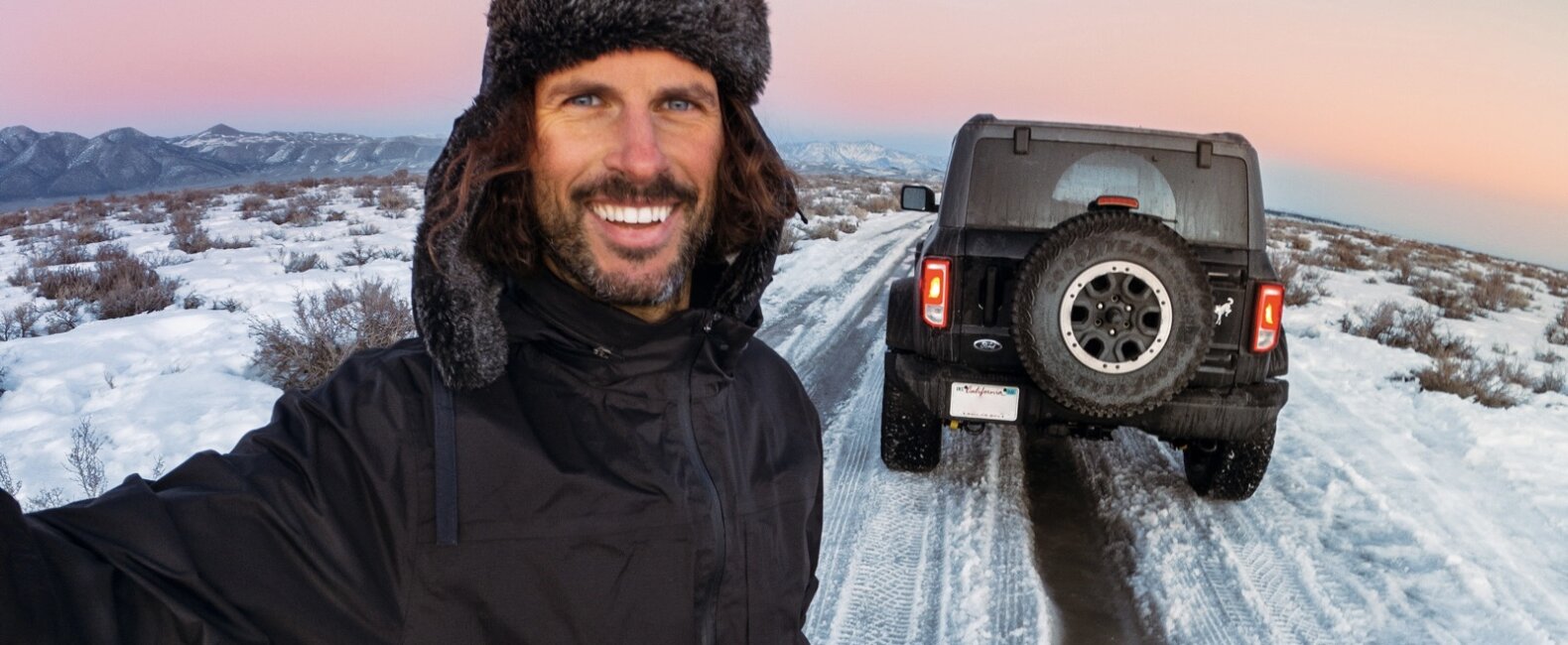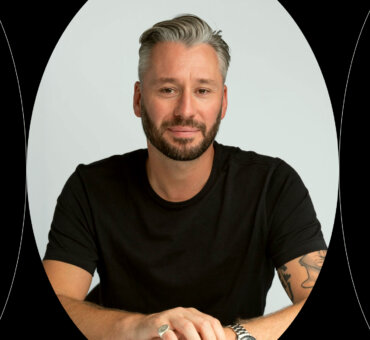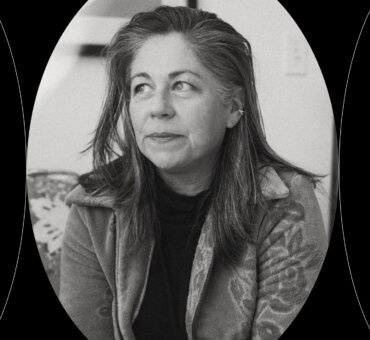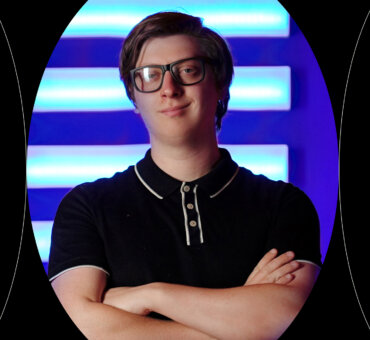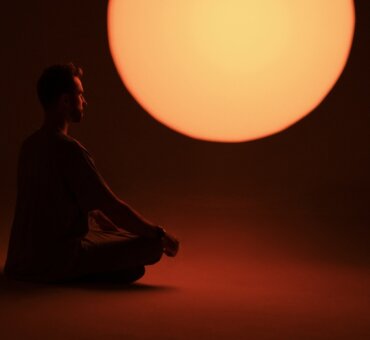California-based filmmaker Abe Kislevitz has created immersive work for iconic clients like Ford, Google, and others. And while the GoPro creative director is always experimenting with new forms of media and technology, his go-to for setting the right pace and tone is always the music.
Read on to learn more about what keeps Abe inspired, his advice to new filmmakers, and how he uses Musicbed to elevate his work.
Musicbed: What sparked your passion for filmmaking/storytelling?
Abe Kislevitz: I’ve been documenting and filming since I was very young! Anytime I got my hands on a camera or camcorder, I was making home movies of travels, rollercoasters, and fireworks on VHS tapes. I experimented a lot in high school with fine arts but ended up studying engineering in college. As a creative outlet, I started filming and editing videos of my skiing endeavors and putting them on YouTube. During my university years, I was skiing 80-120 days a season, and I knew skiing would drive any post-college decisions. For me, the whole process of filmmaking combined all of the aspects of my passions, and it never seemed to get boring. Skiing put me out in beautiful places in the mountains and allowed me to participate in action sports, filming allowed me to get creative, and the post-work of crafting stories and editing satiated the engineering side of my mind, like solving an equation or putting the puzzle pieces together.
What keeps you motivated and creatively inspired?
Thankfully I’ve got a lot of aspects of my filmmaking career that help keep things fresh. I work at GoPro full-time so there are always new products in the works. That alone drives me to be consistently experimenting with new forms of media and technology. As far as subject matter goes, my hobbies of skiing, surfing, and biking take me to amazing places all over the world—being immersed in unique and beautiful environments drives my excitement to capture content. And finally, I love seeing stories come together, from conception to filming to getting the final product in the timeline. Every project feels new and fresh.
What makes a story visually appealing? What role does music play in storytelling?
I’m in the business of immersive visuals that put you in someone else’s shoes. I think if you can watch a story and feel like you’re there with characters and are being taken on a ride, whether that’s simply through story or action, then it’s doing something right. For me, music sets the pace and tone of how I want the audience to feel at any given point. It’s a way of setting the audience up without them realizing it.
What elements do you think are essential for crafting a compelling story?
We always hear that compelling video work needs to have a story; I often teach that stories can present themselves in many forms, from a basic travel montage to a full traditional narrative story flow. The common denominator and the most essential aspect is simply that I as the creator have given thought to the flow of information and the structure of the video. How do you make a story out of one singular POV shot of an athlete doing a trick? It could be as simple as setting up the scene in the beginning with an arrival, having the athlete carry out the action, and then paying it off with a celebration. There was thought that was put into how the flow of information would be perceived by the audience. When I’m building longer form story pieces, I really think about pacing and how I can build multiple segments that carry you up to a moment of excitement, and then take a breath back down. Finally I like to crescendo to an emotional, musically driven ending. I find the ebb and flow of pace, emotion, and energy comes together to form a rad journey that takes the audience for a ride, much of which is driven by a combination of the music and cadence of the visuals.
How important is music in your work?
As mentioned above, I use music as a tool to cue the audience to feel a certain way. I shoot a lot of mounted GoPro content where my subjects often forget they’re wearing a camera (myself included). This results in very candid and authentic moments where much of the content is actually compelling without music. It’s cool to live in the eyes or shoes of someone else when they’re in extreme environments or actively doing something they’re passionate about. That being said, music is such a useful tool to help set up the story or segment and provide the mood I want the audience to feel. Also for my GoPro work specifically, I don’t have some of the same cinematic tools others may have like utilizing shallow depth of field, macro focus on small details, and more. Sometimes I need music to do the heavy lifting of bringing in the cinematic feel, even though my visuals may not initially scream cinematic. The music brings the whole production value up, and a perceived feeling of polish.
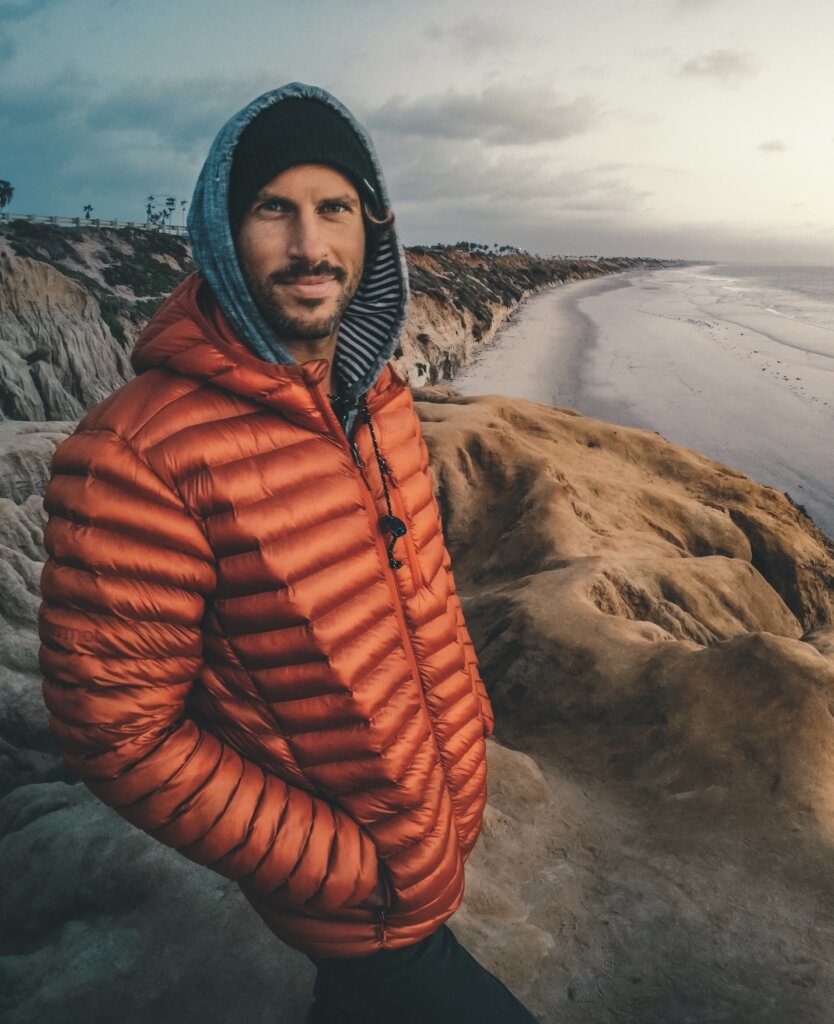
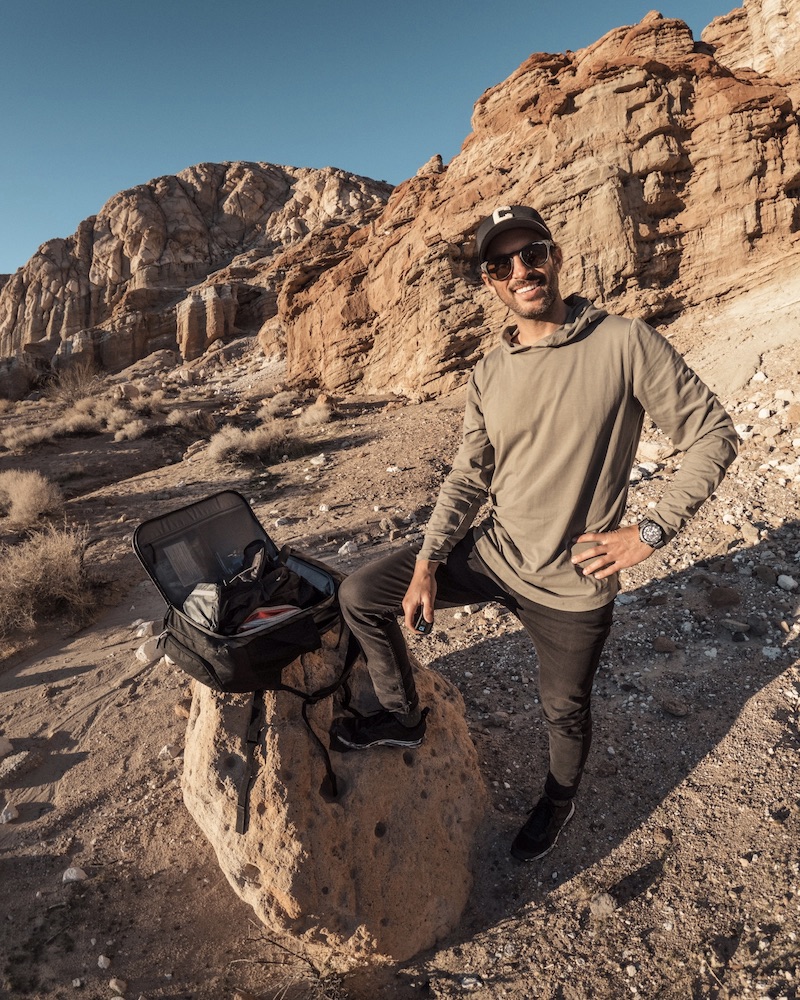
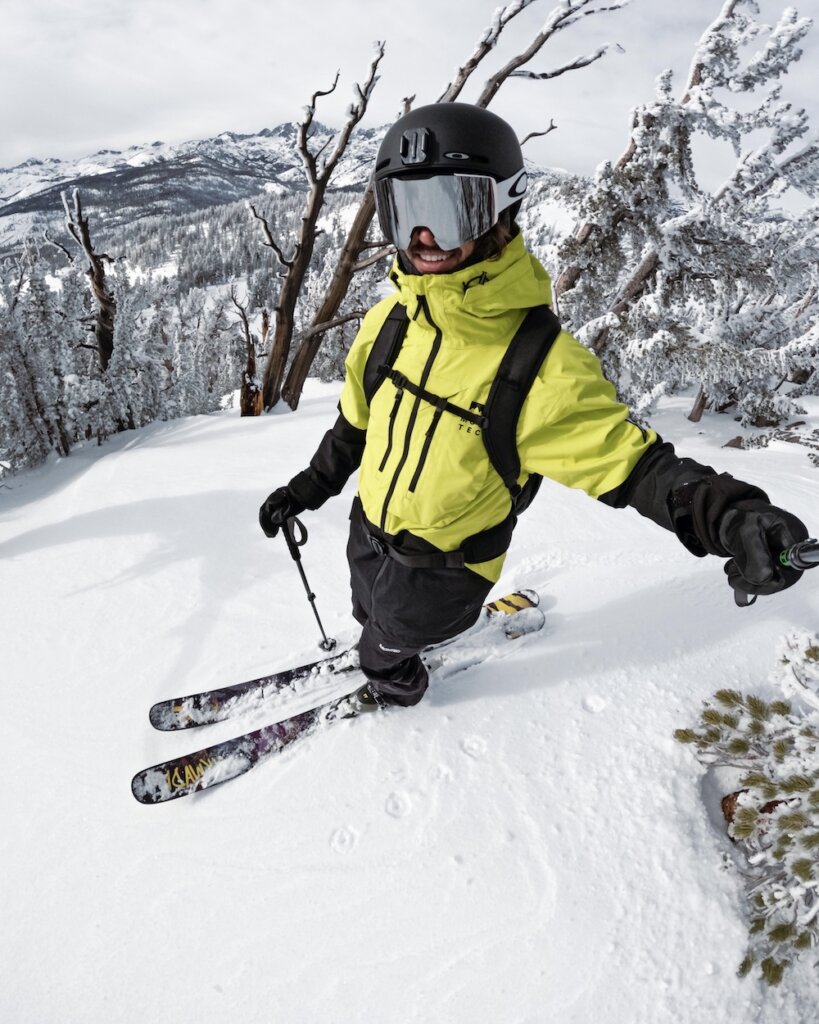
What advice would you give other filmmakers/creators who are just starting their careers?
Allow yourself time to experiment: time to tinker, time to redo, time to re-edit. It doesn’t have to be for every project, but you’ll push your creative limits so much further if you allow yourself time to learn and grow. Letting yourself fail and be malleable to change will grow your career that much faster.
How do you find the balance between pushing boundaries creatively and delivering what your client wants or audience wants to see?
If I’m pushing boundaries creatively, I’m doing it very right. The industry I’m in rewards creative boundaries being pushed. The issue is always time. I don’t always have time to go deep and craft the story I really want to tell. I have to be selective and recognize when a project is something that is something that just needs to be finished or when it’s something that deserves my creative boundary-pushing.
What is the most challenging aspect of being a filmmaker/creative?
As mentioned above, time is always a challenge for me. Being that filmmaking doesn’t typically take priority alongside my full-time job, I recognize that if I want to get a project done other parts of my life have to be sacrificed (most of the time it’s sleep). I haven’t found the perfect balance yet, and I welcome any suggestions!
What are some of your favorite projects you’ve worked on?
There are too many favorites to count over the years! I’ve been at GoPro for almost 14 years, and am fortunate enough to have worked on some amazing projects with very passionate and skilled filmmakers over the years. One project that sticks out in my mind was way back in 2012 creating the GoPro HERO3 launch video. A small team of us had filmed all around the world for months. We had built the structure, put clips in the timeline and it came down to finding what song was going to carry the video. We knew we needed something that took the audience on a journey— the song needed to match the adventure of the video. After days of racking our brains and culling what seemed like the entire music world, I got a message from a music producer friend Overwerk with a rough cut of a new song he was working on. It was midnight and we put the song on, and simultaneously pressed play on the video, and 30 seconds in we were jumping up and down dancing on top of the desk to the music. The next day we showed the cut to the CEO, and as soon as the whale segment came on, he was in tears! It was a success.
How do you search for music on Musicbed? What are some tips that you’d give other filmmakers to search on Musicbed?
I like to find music in a few different ways depending on the project! I can never underestimate the magic of stumbling onto something completely randomly, so I listen to the “What’s New” playlist on Spotify all the time. When I’m crafting a story, I usually try to think of the mood I’m trying to set and search using attributes. Things like “driving” and “ethereal” are super helpful in finding songs that match the pace and tone. Lastly, when I stumble on something I like, I almost always dive into that specific artist because they usually have other pieces of gold that have similar vibes.
Why do you utilize Musicbed in your work?
Every element in a project is equally important, whether that’s visuals, sound design, music, graphics, etc. Musicbed has music that is unique and feels polished. When one element of your work is off, it can bring the whole thing down, and vice versa. When all elements are meeting a certain quality standard, the whole piece is elevated. I have always prided myself on quality (probably to a fault), but having access to high-end music that’s ever-expanding is vital for me.
–
Explore a curated playlist of Abe’s favorite songs he uses for his films—available to license only on Musicbed.















































































